Château d’Oex meets 19th century Russia
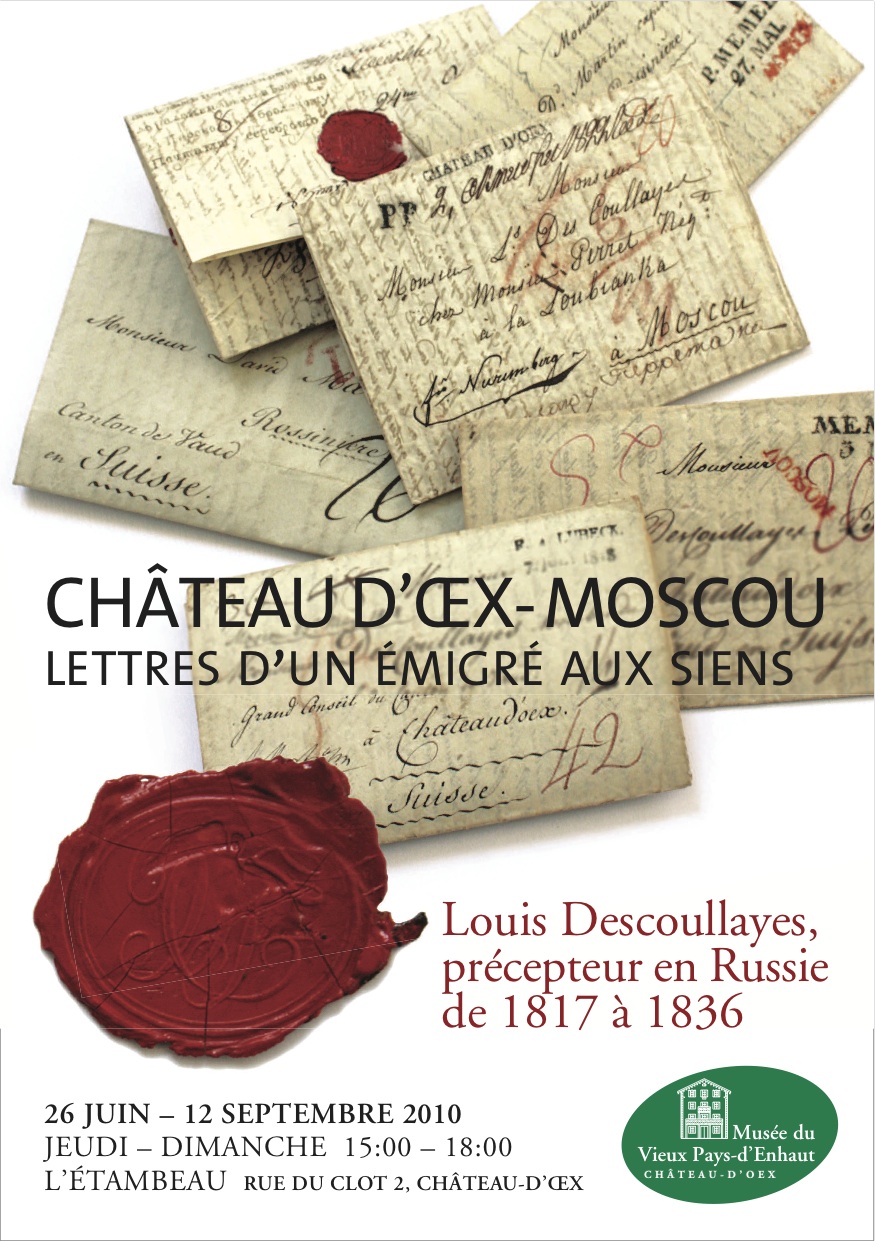
“I was shocked to see Russian peasants – there is nothing more disgusting – they scarcely look human...”
This is how Swiss Louis Descoullayes described 19th century Russian provincials in one of his letters home written during his 20 years in the country.
The letters are presented at an exhibition which has just opened in Château d’Oex.
The letters Descoullayes (1790 –1867) wrote to his family from Russia, where he emigrated at the age of 27, testify to the country’s great physical and cultural distance from his homeland.
Letters took time to arrive, sometimes never even arrived, as becomes clear from the correspondence.
“My dear mother is no doubt occupied in her garden. As I write, she may be sowing seed and by the time you receive my letter, you will already be picking their fruits,” he writes in 1817.
We have no portrait of Louis Descoullayes, who worked as a private tutor, and everything we know about him is contained in the correspondence he exchanged over 20 years (1817-1836) with his family and friends back in Château d’Oex.
Bringing the letters to life
Sophie Krummenacher, the organiser of the exhibition and descendant of Louis Descoullayes, knew of the correspondence of over 100 letters kept by her family and decided three years ago to make an exhibition to “bring them to life”.
The most interesting letters have been recorded on an audio-guide and are exposed among various Russian objects including prints Descoullayes brought back from Russia.
“I tried to present specific letters Louis Descoullayes wrote and received in Russia. What is interesting about the correspondence is that at first the letters are frequent and gradually the exchange with his family becomes less frequent.” Krummenacher told swissinfo.ch.
Distance seems to grow between the emigrant and his addressees, though Descoullayes tries to keep in touch by sending money or by writing about past conversations he used to have with his family and friends.
Cultural clash
The distance which slowly weaves a gap between Descoullayes and his countrymen isn’t the only thing which isolates him. Among Russians he remains a foreigner and seems to spend most of his free time with other Swiss.
“My student has germs of quite detestable vices such as lying and duplicity. These faults are not regarded as such in this country, where most people see them as subtlety,” he writes in 1817.
Descoullayes is also unimpressed by Russian peasants: “Their clothes consist in a kind of dress made of sheep skin and held together by a woollen belt – instead of shoes, they wear some sort of sandals made out of birch bark that are attached like cloths with cords around their legs, a big fur or woollen hat and they have long hair and beards, which are almost always red.”
But the “style-clash” doesn’t stop Descoullayes from seeing further, as he asserts that “despite their rough appearance, they are generally good people, I have witnessed their good heart, when they give to the poor, they raise their hats with respect, then make the sign of the cross and leave”.
Nostalgia
During his stay in Russia, Descoullayes is nostalgic for his life back in Switzerland.
After six years in the country, he writes: “It’s better to stagnate in one’s own country than to languish in foreign lands; the misfortune of all the Swiss who move abroad is that they misapprehend the land which they have chosen over their own.”
We do not know much about Descoullayes’ return, apart from the fact that he continued corresponding with his former employers and fellow Swiss in Russia and continued teaching private students around Montreux.
His travels earned him the nickname of “Louis the Russian”, which indicates he might have been regarded as something of a foreigner upon his return.
As the Mayor of Château d’Oex Jean-Jacques Mottier said in his vernissage speech, in this day and age where instant communication is booming worldwide, it is hard to imagine how long the letters took to arrive.
Yet these letters which seem so fragile on their thin yellow paper have and will certainly outlive most text messages that are as easily and quickly composed and received as deleted. They preserve the memory of a man’s unusual destiny, which would otherwise have been forgotten.
Emily Wright in Château d’Oex, swissinfo.ch
The exhibition “Château d’Oex – Moscou, Lettres d’un émigré aux siens” is held in the Maison de l’Etambeau in Chateau d’Oex, an annexe to the the Vieux Pays-d’Enhaut Museum, until September 12.
Temporary exhibitions have been held every year for the last 16 years.
The museum was founded in 1922 and contains collections of historic furniture, agricultural tools and decoupage art.
So what exactly prompted the young man to leave friends and family for freezing Russia?
In the 19th century, Switzerland was much poorer than it is now and although the Descoullayes were a well-to-do family, they were having financial difficulties and it is thought that Louis decided to leave to get a better future.
Russia, which was modernizing, needed specialists and drew Ticino architects, Basel scientists, cheese makers from the Bernese Oberland, confectioners from Graubünden and private tutors and governesses from French-speaking Switzerland.
In Russia, Descoullayes spent most of his time in Moscow and its surroundings, working as a private tutor in various aristocratic families including the Sheremetyevs and the Smirnovs. He taught the children Latin, French and German.
His letters show there was a well-organised small Swiss community in Russia, which formed around Protestant ministers.
Descoullayes even set up a cheese business with a fellow Swiss citizen he met in Russia. But the trade was unsuccessful and he lost most of his savings.
Because of this, he had to stay in Russia for ten more years to build up his savings. “There was a great pressure to succeed and you couldn’t just come back with less than you had left with,” Krummenacher told swissinfo.ch.

In compliance with the JTI standards
More: SWI swissinfo.ch certified by the Journalism Trust Initiative
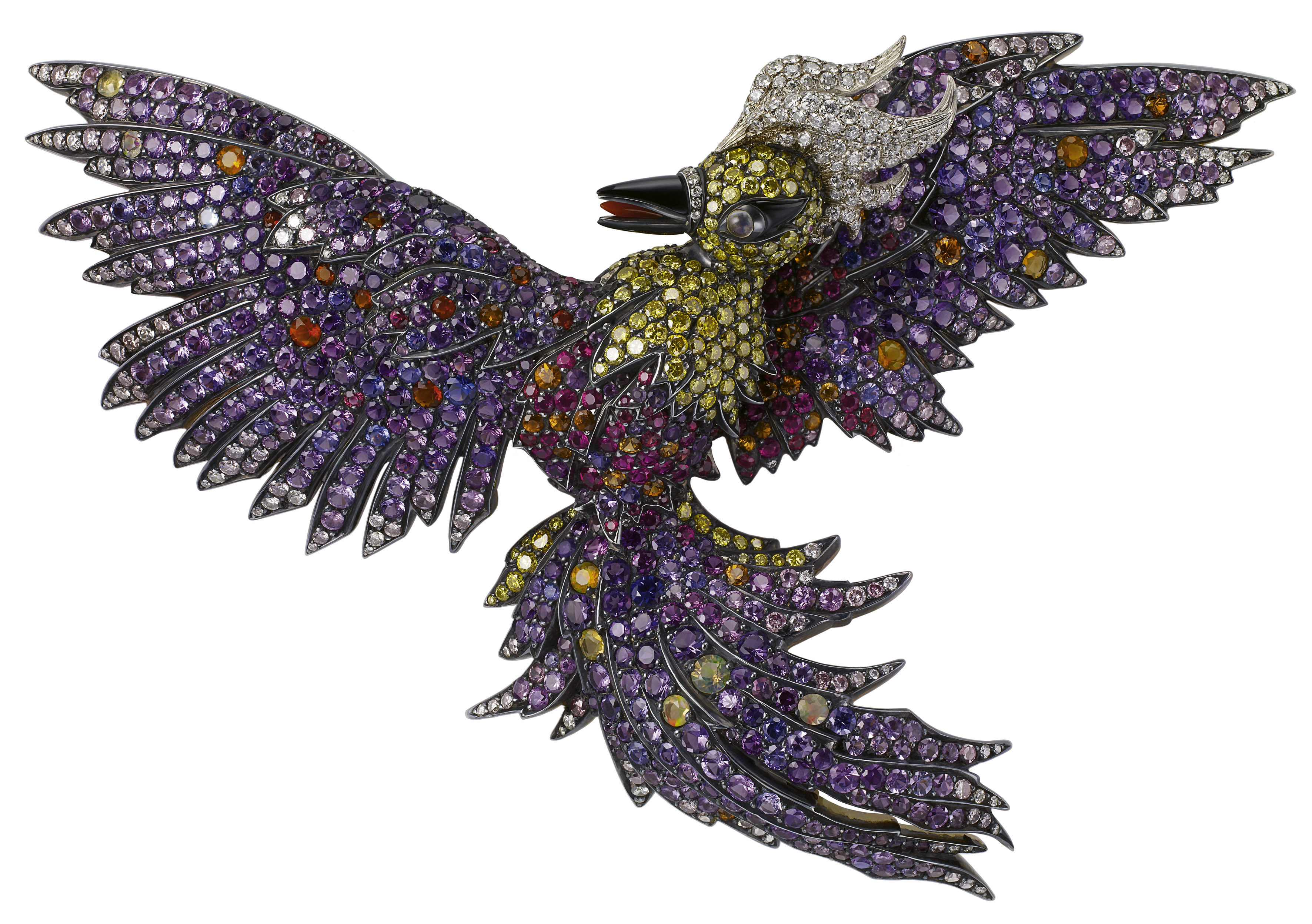
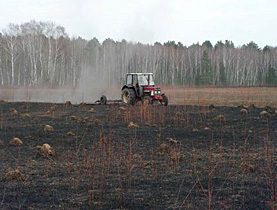
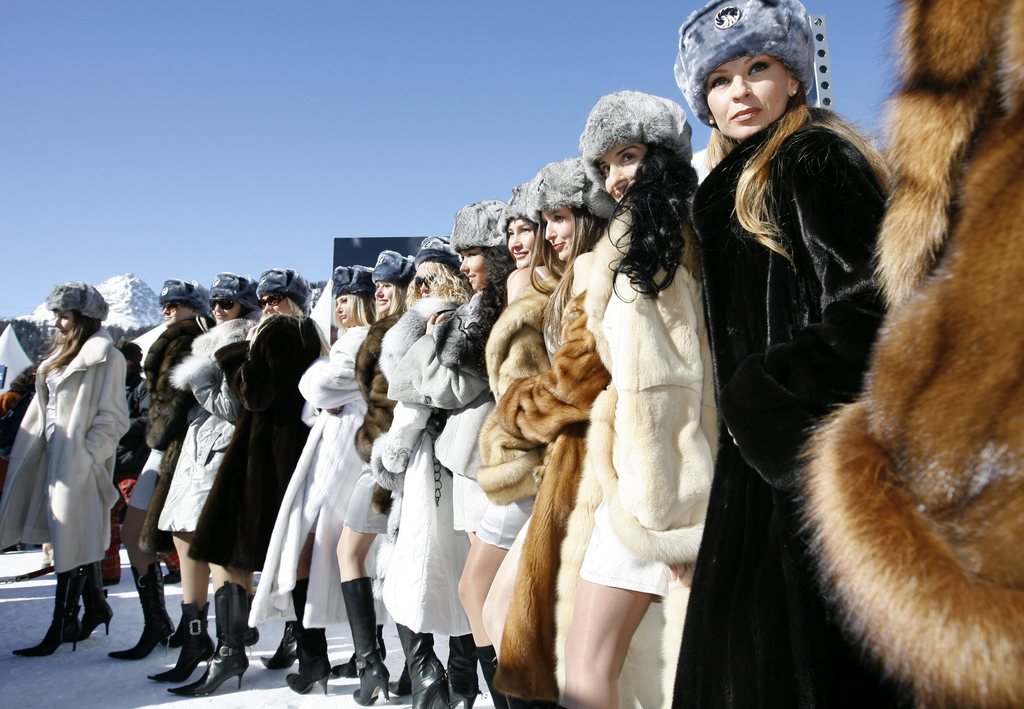
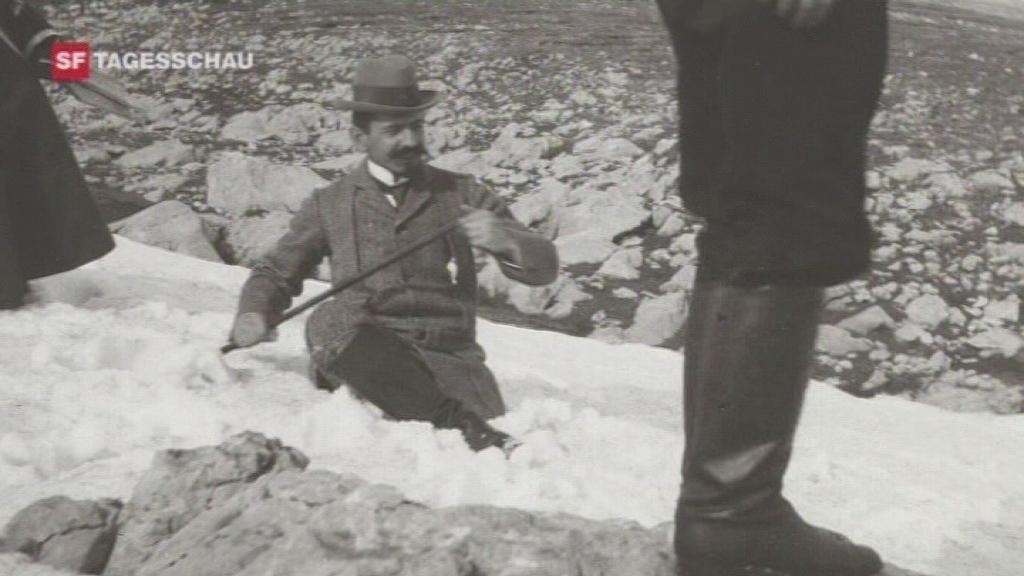
You can find an overview of ongoing debates with our journalists here. Please join us!
If you want to start a conversation about a topic raised in this article or want to report factual errors, email us at english@swissinfo.ch.